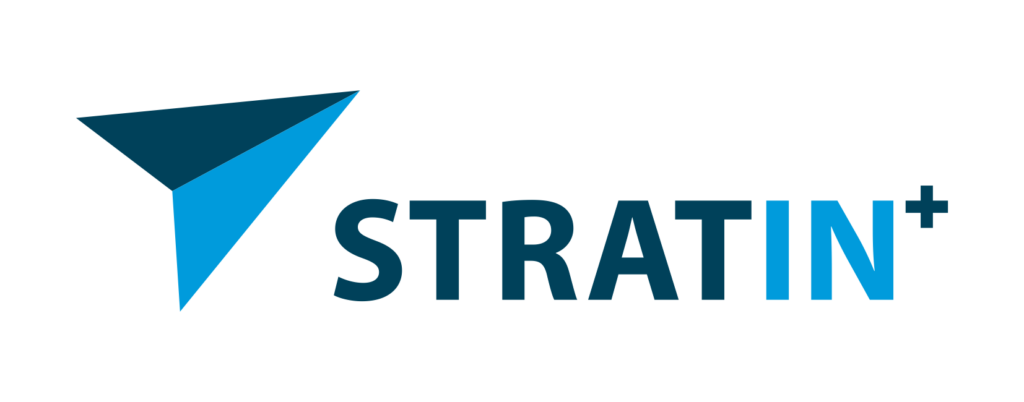The first article of the new issue of Ergo magazine analyzes the commercialization of research and development results in four sectors of research organizations and is based on publicly available data and the results of its own questionnaire survey. The second article names digital technologies, their use can solve major societal challenges. The results show in particular a significant increase in publication and patenting in the areas of artificial intelligence.
Commercialisation of research and development results
Authors: Vlastimil Růžička, Zdeněk Kučera, Miroslav Kostić
Affiliation: Technology Centre Prague, CZ
Abstract: This paper analyzes outputs of the commercialization of research and development results in the period from 2018 to 2022 in four sectors of research organizations: public universities, institutes of the Czech Academy of Sciences (CAS), other public research institutions outside the CAS, and private research organizations. The analysis was based on publicly available data, in particular the results of statistical surveys conducted by the Czech Statistical Office and the European Patent Office, the statement of income from knowledge transfer contained in the collection of documents of the list of research organizations, and annual reports of public universities. These data were supplemented by the results of a questionnaire survey; however, due to the low response rate of the questionnaire, its results could not be used to draw more general conclusions.
The share of patents granted by some of the foreign patent offices and granted by the Industrial Property Office of the Czech Republic, which can be considered an indicator of the commercial potential of new patented inventions, was the highest at the institutes of the CAS. They are followed by public universities, private research organizations, and public research institutions outside the CAS. Revenues from knowledge transfer are dominated by the sector of institutes of the CAS, specifically one of them, the Institute of Organic Chemistry and Biochemistry, whose annual revenues from royalties exceed by two orders of magnitude the revenues of all remaining research organizations monitored in this report. Total revenues from commercialization in the public higher education sector are dominated by revenues from contract research, accounting for almost nine-tenths of all revenues, followed by revenues from consulting and advisory, income from royalties, and income from dividends and sales of spin-off companies. For the remaining three sectors of research organizations, it is difficult to draw an analogous conclusion due to the incompleteness of the data sets.
A comprehensive assessment of the commercialization of research and development results is only possible for the public university sector, thanks to the comprehensive data sets available at the Ministry of Education, Youth, and Sports. Analogous data are missing for all organizations from the sectors of the institutes of the CAS, other public research institutions outside the CAS, and private research organizations.
Keywords: commercialisation; research and development; knowledge transfer
Digital technologies – current trends, the position of Czechia and their use in response to major societal challenges
Authors: Zdeněk Kučera, Tomáš Vondrák
Affiliation: Technology Centre Prague, CZ
Abstract: This article examines the evolution of research activities in digital technologies from 2016 to 2023 and their role in addressing major societal challenges. The study draws on data from the Clarivate Analytics Web of Science database, the European Patent Office’s patent database PATSTAT, and the eCORDA database. Digital technologies are categorized into five groups: artificial intelligence, big data, augmented and virtual reality, cloud computing, and blockchain.
The findings reveal a notable surge in publication and patent activities, particularly in artificial intelligence, where the number of publications and priority patent applications has tripled, and in blockchain. In contrast, publication activity in big data and cloud computing shows slower growth or stagnation. The share of publications focused on digital technologies is lower in the Czech Republic than globally—while approximately 6.1% of publications worldwide focus on digital technologies, only 3.6% of publications in the Czech Republic are dedicated to this topic (the EU-28 average is 5.2%). In terms of patent activity, the Czech Republic lags more significantly behind both the global and EU-28 averages.
Digital technologies are crucial in tackling major societal challenges, particularly in technological, digital, and energy transformation and societal security. The study emphasizes the need to enhance support for applying digital technologies in the Czech Republic, including fostering cross-sector collaboration and promoting the establishment of innovative companies.
Keywords: digital technologies; current trends; major societal challenges


